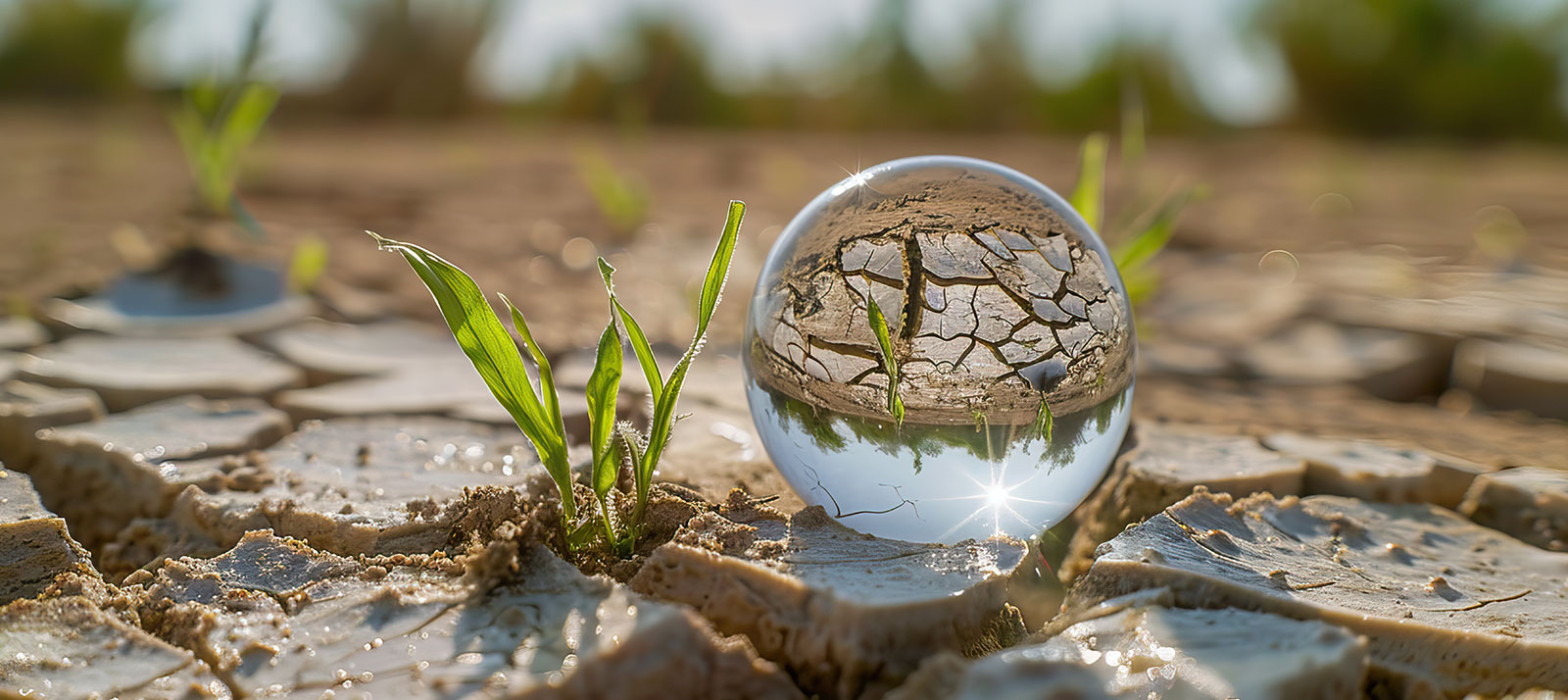Friesen’s hydropanels utilize sunlight to power fans that draw air into the device, where a desiccant material absorbs and traps moisture.
The accumulated water vapor is then emitted and condensed into liquid form, making it drinkable after mineral addition. This innovative approach enables water production even in extremely dry areas like Scottsdale, Arizona, where relative humidity is below 5%. The goal is to democratize water access, benefiting rural communities and regions affected by natural disasters.
While a panel costs around $2,000 and lasts 15 years, advancements in AI enhance water extraction efficiency by monitoring environmental factors. Friesen envisions potential applications on Mars, where water vapor could be converted into liquid water using solar power.

